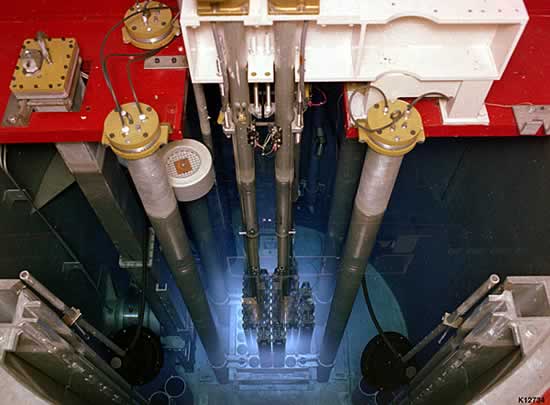We report here a communication from IALANA (International Association of Lawyers against Nuclear Weapons) Berlin
“Peace and Scientific Organizations criticize sharply the annual International Atomic Energy Organization Assembly (IAEA).
Following the annual International Atomic Energy Organization (IEAE) conference in Vienna, Austria, numerous Peace and Scientific organizations in Europe have strongly criticized the nuclear body on its support for the pro- war preparation against Iran. With a strong call to reform the Nuclear body, the Peace initiatives unanimously agreed that the Nuclear body stand on Iran was unacceptable.
The organizations protesting the IAEA support for war in Iran comprises; the International Association of Lawyers against Nuclear Arms (IALANA), the International Network of Engineers and Scientists for Global Responsibility (INES), the Austrian Forum for Scientists and environment as well as the international scientific organization ENRIC. To state their stand, the Peace initiatives recently organized a rally in Vienna and demonstrated in front of IAEA headquarters demanding drastic reforms. Dr Peter Weish, an Austrian environmental expert, once more criticized the IEAE muzzle policy and lack of support for the world Health organization (WHO). He clarified further that “the Atomic Energy Organization is blocking WHO from tabling the scientific findings of radiation effects of the Chernobyl and Fukushima nuclear disasters.”
He termed the IAEA stand as a scientific let down and a disservice to humanity. Addressing the rally on the same issue the IALANA Executive Director Reiner Braun said the laid down channels were not being used but instead secret service conclusions which could not be proved were being fronted to build the case against Iran. Mr. Braun further said that up to this point all criticism against Iran were only directed at what is stated about the proliferation treaty that states: unlimited access to atomic energy. And according to Reiner whoever accepts atomic energy has also the possibility to develop atomic warfare. He further concludes that the only solution is to eliminate atomic energy and Atomic warfare. Mr Rainer proposes a Nuclear warfare Convention to solve this circus.
During the occasion IAEA reforms proposed at an earlier international symposium in May this year were made concrete. Instead of the current IAEA stand of downplaying the health risks involved, the World needs an organization that that campaigns for and supports the elimination of military and civil nuclear energy. Furthermore the new organization should urgently embark on the important step of cleaning up the existing nuclear mess and waste.
REFORM PROPOSALS
The treaty between IAEA and WHO which has blocked comprehensive investigations of the health effects of Atomic radiation should be annulled. The assertion that every state has a right to build a nuclear power plant thereby putting neighbouring countries at risk must be scrapped from the IAEA statutes. The expansion of the Nuclear industry has to be scrapped from the statutes and on the other hand the IAEA watchdogs mechanisms should be improved. To achieve the above, the membership composition has to be overhauled. Independent organizations representing radiation victims should have a say in IAEA.
Judging from past failure of USAEC which could not fulfil its double role of promotion and control of the nuclear industry it would be wise to separate IAEA ́s control function from its promotion function. . The danger of large-scale nuclear accidents will continue to exist during phase-out and decommissioning of existing nuclear power plants.
The accidents at Three Mile Island, Chernobyl and Fukushima have clearly demonstrated the inability of national nuclear emergency services to deal with such accidents. It is worthwhile to create, within the framework of a future IAEA an International Nuclear Emergency Service (INEmS) to help nations reduce the scale of nuclear accidents and mitigate their consequences. Massive populations have been exposed to internal and external radiation as a consequence of nuclear bomb explosions, nuclear tests and nuclear accidents around the globe. A comprehensive database on these cases is still non-existent. It would be the task of a future IAEA to create and update such a database and guarantee access to it for interested organizations and individuals.
A future IAEA also should establish the possibility for nuclear specialists to report anonymously violations of nuclear safety regulations by their employers. We suggest organizing an international conference with the participation of representatives from likeminded countries to work out a practicable procedure for a reform or a structural transformation of the IAEA. As representatives of the civil society we announce that from now on we are determined to accompany the annual IAEA assembly with active events aimed at raising public awareness and transformation of the nuclear watchdog.”






